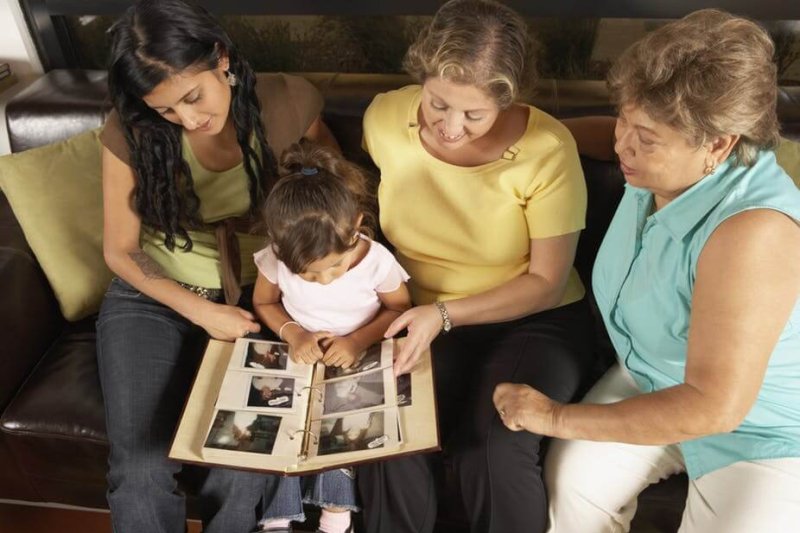Editor’s note: Charité Ricker is a cancer genetic counselor at the University of Southern California
For 15 years I have counseled patients about what it means to carry a mutation in a gene that can lead to a higher risk of developing cancer.
…
[T]he same question is asked by almost everyone: “What does this mean for my family?” For most patients, it means their parents, brothers, sisters, and children all have at least a 50% chance of carrying the same gene mutation. The implications are significant. While inherited cancer conditions lead to a greatly elevated risk for certain cancers, often at ages younger than typically seen, there are steps that can be taken to reduce the risk of developing cancer or to detect it at earlier stages.…
There can be great hope in genetic information, despite its psychological weight. The maximum benefit of genetic information requires it to move through families. We found that our diverse patients, to whom we had to say, “a cancer gene mutation was found,” did, in fact, communicate this genetic test result to their family. And many of their family members went on to get the right genetic test within a matter of months. However, culturally informed interventions are needed to support and facilitate communication for families, as well as to enhance the preventive impact of genetic information.
Read full, original post: What does my cancer gene mutation mean for my family?































